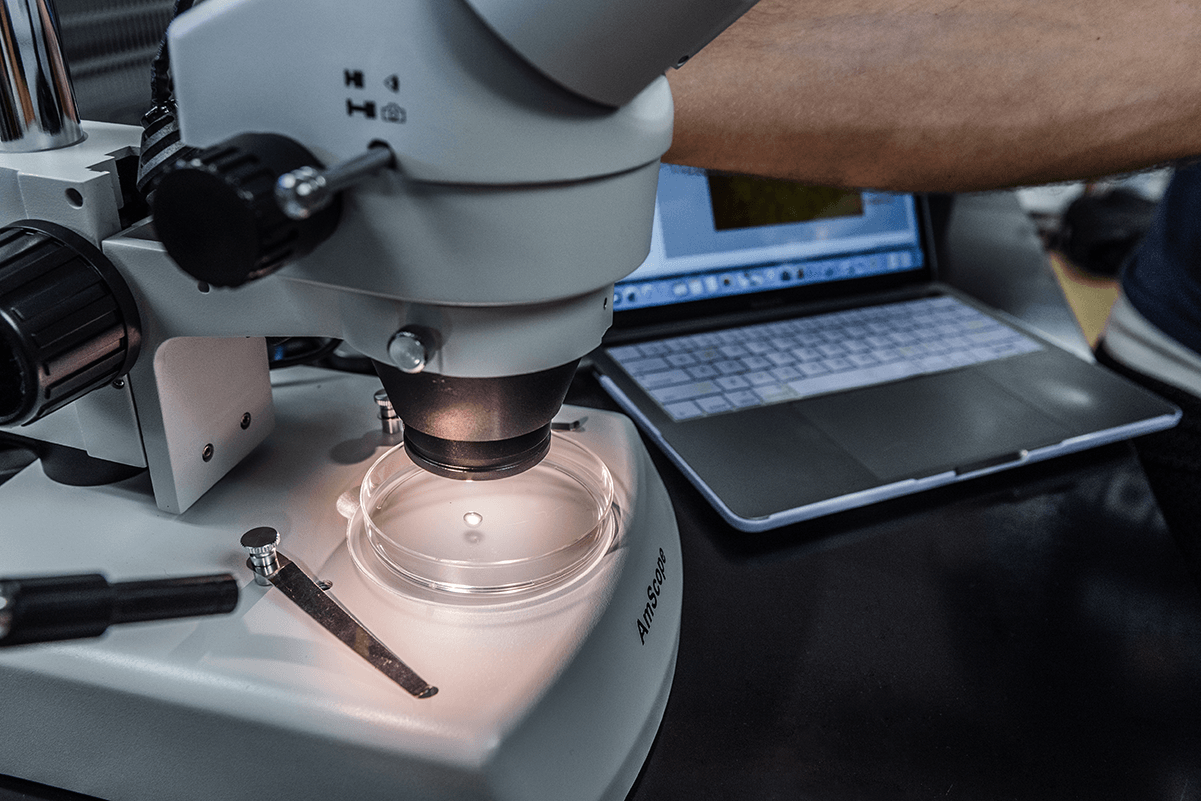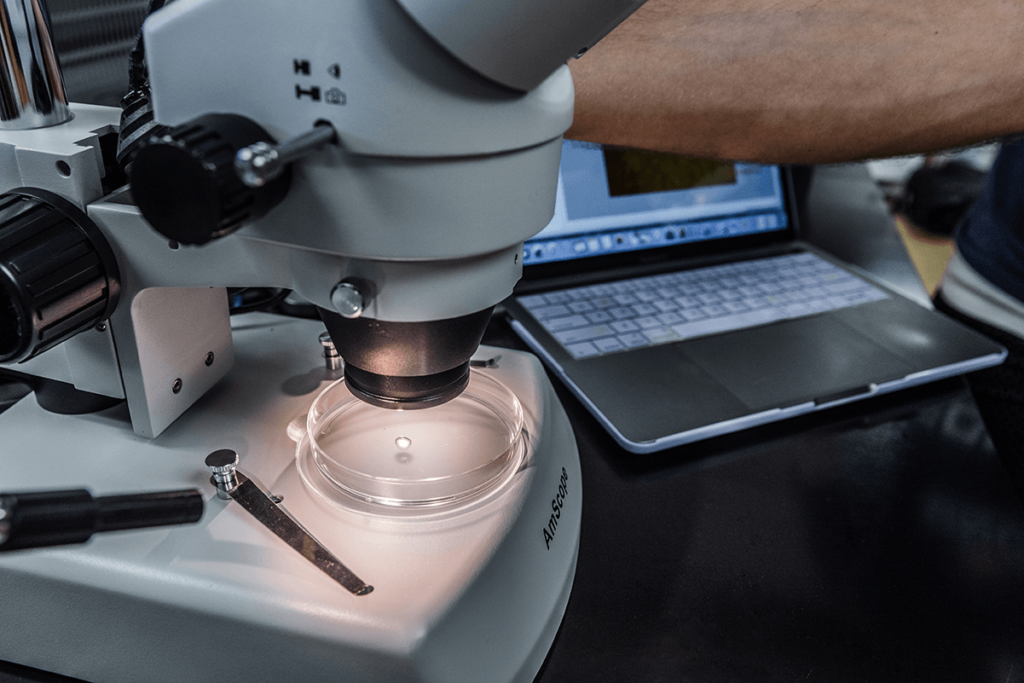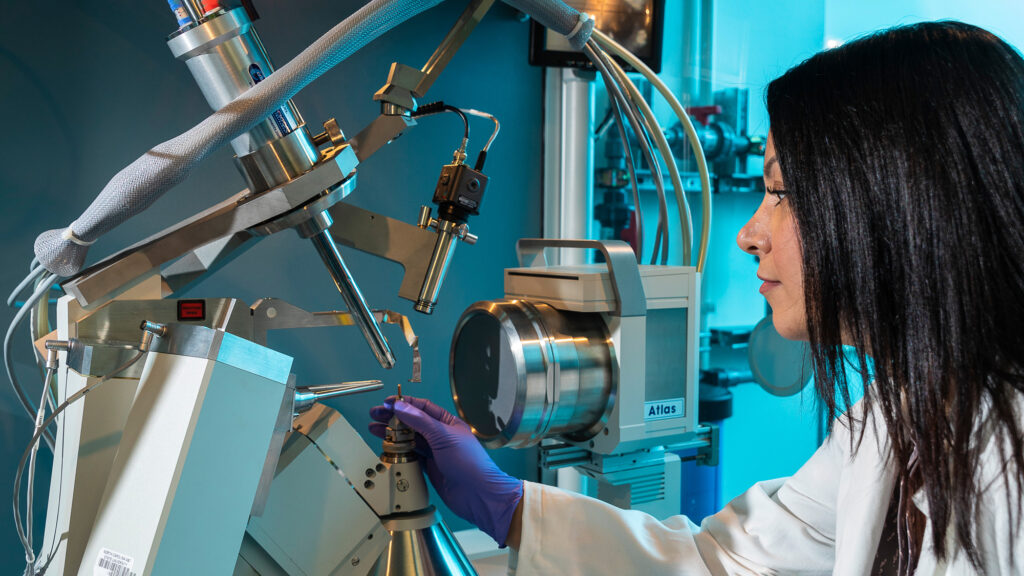A recent study from UNC Greensboro finds students learn more, gain confidence when ‘authentic’ research is part of the class design.
Researchers at UNC Greensboro have released a study that finds college students learn more and gain more confidence when they perform authentic biological research, compared to traditional laboratory exercises that follow prescribed directions.
The researchers substantially revised a traditional biological laboratory course by developing research modules where students worked in small groups to design and execute three to four week-long experiments. The experiments focused on topics such as the impact of plant compounds and environmental stressors on caterpillars and water fleas, Daphnia, common biological environmental indicator species.
The researchers then surveyed students and examined their performance. The results were compared to student research confidence, attitudes, and learning outcomes with a matched group of students in traditional laboratory classes.
Their findings are summarized in a report, “An introductory biology research-rich laboratory course shows improvements in students’ research skills, confidence, and attitudes” authored by Drs. Iglika Pavlova, David Remington, Meg Horton, Elizabeth Tomlin, Mark Hens, David Chen, John Willse, and Malcolm Schug. The study is published in the journal PLOS ONE.
Key Findings:
- Students in the research-based course sections were more proficient at experimental design and statistical analysis than students in the traditional course sections.
- In the researched-based course, students showed a strong sense of independence in the classroom and felt more like experts as they engaged in the scientific process of performing research.
- While students found research challenging, they reported enjoying and valuing research in the curriculum.
- Assessment of students in both the research-based and traditional laboratories showed higher proficiency in the introductory biology program learning objectives for students in the research-based lab sections.
Why This Matters:
- The impact of integrating courses in undergraduate research experience (CURE) is a best practice based on pedagogical research in higher education that has been shown to enhance student success and retention in STEM disciplines. Starting this experience early in large, introductory level science courses at mid-sized universities like UNC Greensboro is novel and shows positive impacts on both learning and students’ self-reported experience.
- As part of a study of 12 universities and 24 academic departments nationwide led by the Council of Undergraduate Research, CUR Transformations Project, funded by the National Science Foundation, the Departments of Biology and Chemistry at UNC Greensboro are scaffolding research through all levels of the undergraduate curriculum.
- Undergraduate students who experience research in courses and research laboratories graduate with a more authentic understanding of what it is like to be a professional scientist.
Link to study: https://journals.plos.org/plosone/article?id=10.1371/journal.pone.0261278
Photography by Martin W. Kane, University Communications







